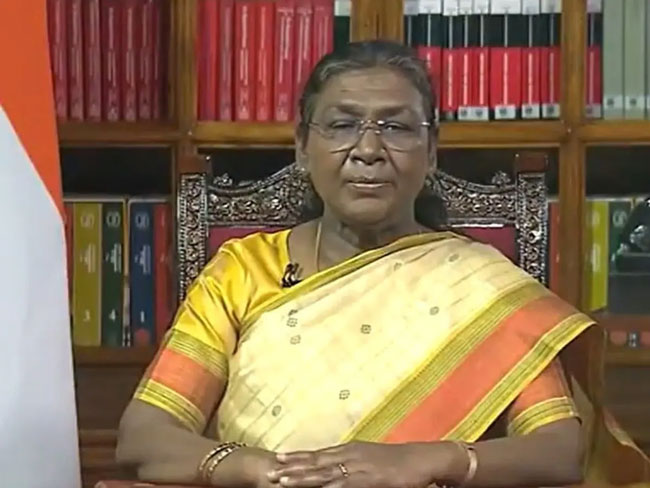New Delhi:The Waqf (Amendment) Bill 2025 has officially become law after receiving President Droupadi Murmu’s assent on April 5, 2025. Following two days of intense debate in both houses of Parliament, the bill was passed and subsequently notified by the government. According to a PTI report, the official notification reads, “The following Act of Parliament received the assent of the President on the 5th of April, 2025, and is hereby published for general information – The Waqf (Amendment) Act, 2025.”
Parliament Passes the Bill After Marathon Debates
In the Rajya Sabha, the bill was passed with 128 votes in favor and 95 against, after a 13-hour-long post-midnight debate. In the Lok Sabha, it was passed with 288 votes in support and 232 opposing, following a 12-hour discussion.
Protests Erupt Across Several States
The passage of the bill has triggered widespread protests in states like Tamil Nadu and West Bengal. In Delhi, Muslim groups organized demonstrations opposing the bill. In Uttar Pradesh’s Muzaffarnagar district, 24 individuals who wore black badges in protest were served notices by authorities.
AIMPLB Announces Nationwide Legal Action
The All India Muslim Personal Law Board (AIMPLB) condemned the bill and announced plans for a nationwide protest campaign along with legal challenges. The board called the new law a direct attack on the rights of the Muslim community.
Bill Challenged in the Supreme Court
Opposition parties, including the Congress, AIMIM, and the Aam Aadmi Party, have moved the Supreme Court against the law. Congress MP Mohammad Jawed, AIMIM chief Asaduddin Owaisi, and AAP legislators filed petitions claiming the bill is discriminatory against Muslims and violates their fundamental rights. One of the key objections is the proposed inclusion of non-Muslims in the Waqf Boards.
50 Christian Citizens Join BJP Hours After Bill Passed
In a surprising political development, just hours after the bill was passed, 50 Christian citizens from different parts of the country joined the Bharatiya Janata Party (BJP). While the reasons behind this move remain unclear, political analysts are viewing it as a strategic shift.




